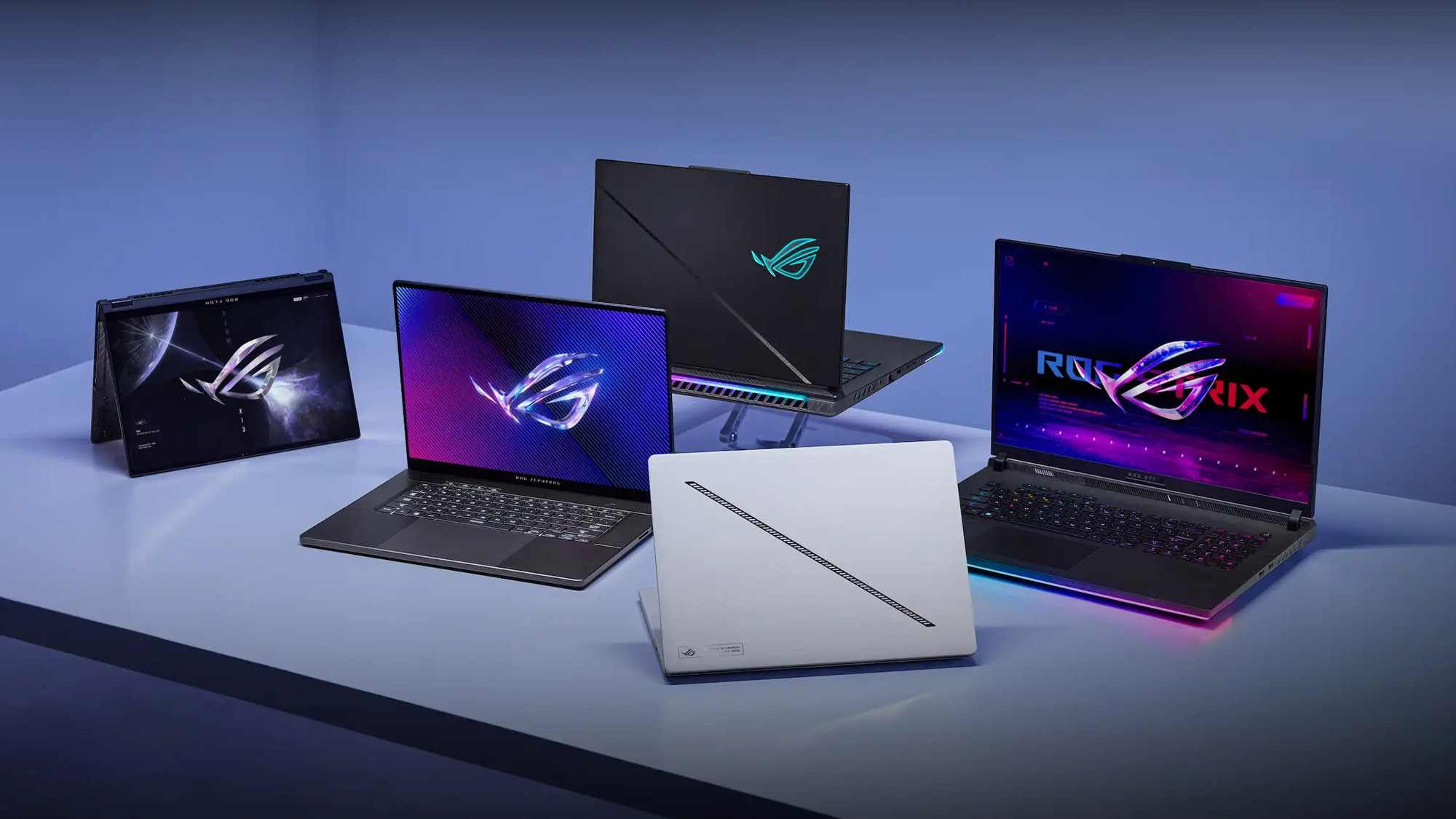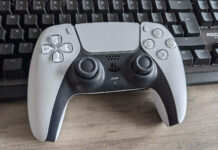- Smartwatches consist of built-in sensors to measure various bodily activities, like pulse rate, body temperature, oxygen levels, and more.
- The measurements are proven to be accurate most of the time. Hence, they can help diagnose health conditions before their onset through different symptoms.
- Health scores provide valuable feedback to help regulate physiological processes such as blood pressure and body temperature within healthy limits.
With the rising use of smartwatches, tracking your health status and detecting any anomalies before they lead to something serious has become easier. Thanks to their advanced sensors and close-to-accurate health measurements, smartwatches can detect health symptoms even before you can.
How Smartwatches Obtain Data?
Smartwatches come with advanced built-in sensors that can measure physical activities and physiological processes. For instance, they are equipped with heartbeat detectors to measure heartbeat rate and breathing patterns. Many wearables also have pulse oximetry sensors to measure the blood oxygen levels. Similarly, infrared temperature sensors note the current body temperature.
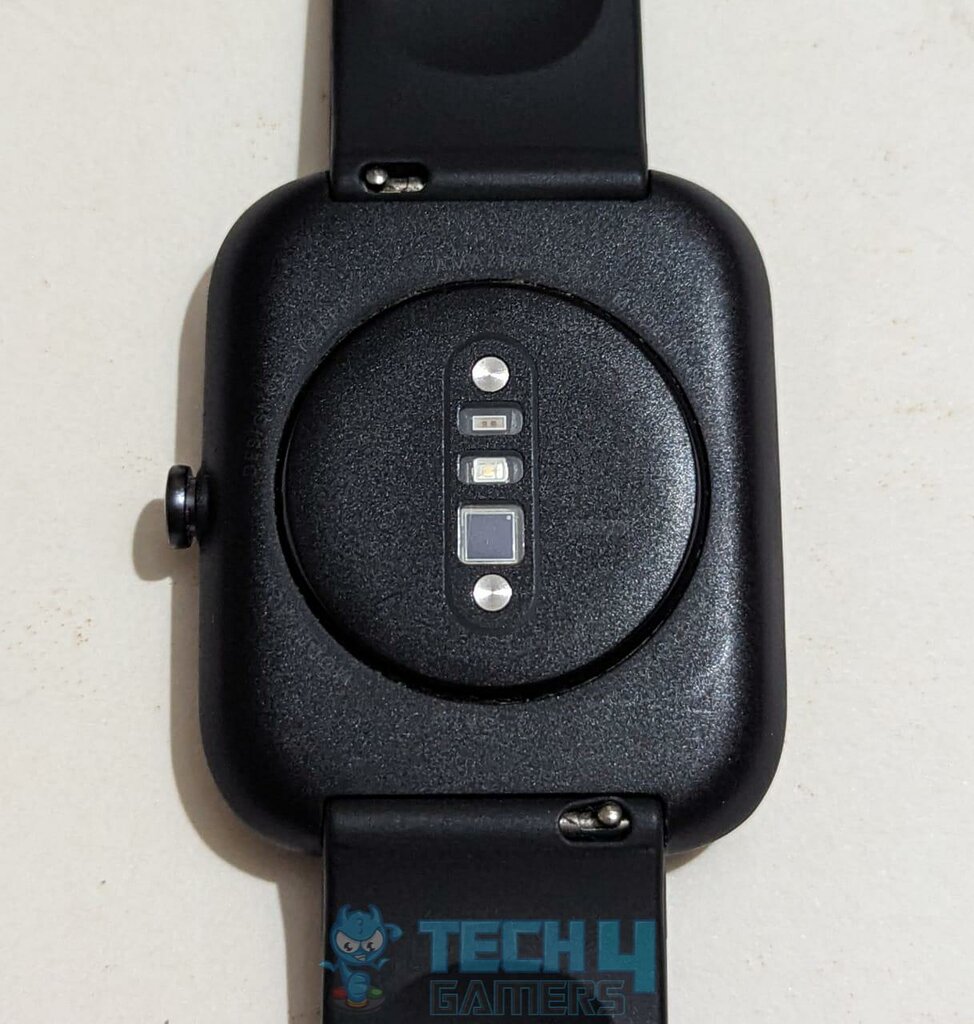
There is an accelerometer to collect data about changes in acceleration in terms of body movements and their intensity. Smartwatches also have a GPS to track the distance you cover while walking to produce a more efficient step count.
Additionally, it also relies on self-reported data that is entered in the phone’s app linked with your smartwatch, like how many glasses of water you drink in a day, current moods, and more.
Combining all this, a smartwatch displays fairly accurate health readings to help evaluate your current health status. It can also be helpful to track any irregularities.
Can Smartwatch Detect Health Symptoms?
With the rapid advancement in tech, smartwatches are now equipped with tools that can detect health symptoms earlier than you can. “This is a technology with a great future. Coupling wearable devices with artificial intelligence will transform our ability to monitor and predict heart disease,” said Dr. Libby, a cardiologist at a Harvard-affiliated hospital.
The Apple Watch Series 4 and later models are equipped with an ECG app to record irregular heartbeat rhythms to detect Atrial Fibrillation (AFib). Furthermore, most smartwatches can note respiratory levels, oxygen concentration, and body temperatures. Irregularities in these measurements can indicate early signs of COVID-19 (Abbasi, 2020).
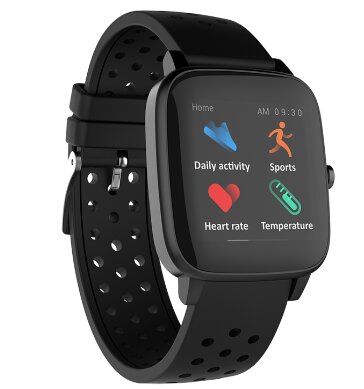
But is this health data reliable? Pope et al. (2019) discovered that wearable tech devices could accurately predict initial health symptoms, such as irregular heartbeats.
How Smartwatches Can Help Manage Diseases?
The data a smartwatch provides can be super helpful in managing certain diseases and preventing them from intensifying further. Research shows that people who use smartwatches to monitor their blood pressure are better at keeping their BP levels under check than those who do not use this feature (Yen & Huang, 2022). A historic study by Williamson et al. (2021) found that smartwatches can detect signs of Parkinson’s Disease years before its onset.
Feedback from this wearable can also be useful in managing stress and anxiety. When the scores hint toward conditions like higher blood pressure and increased pulse rates, you can indulge in activities to counter the stressful arousal.
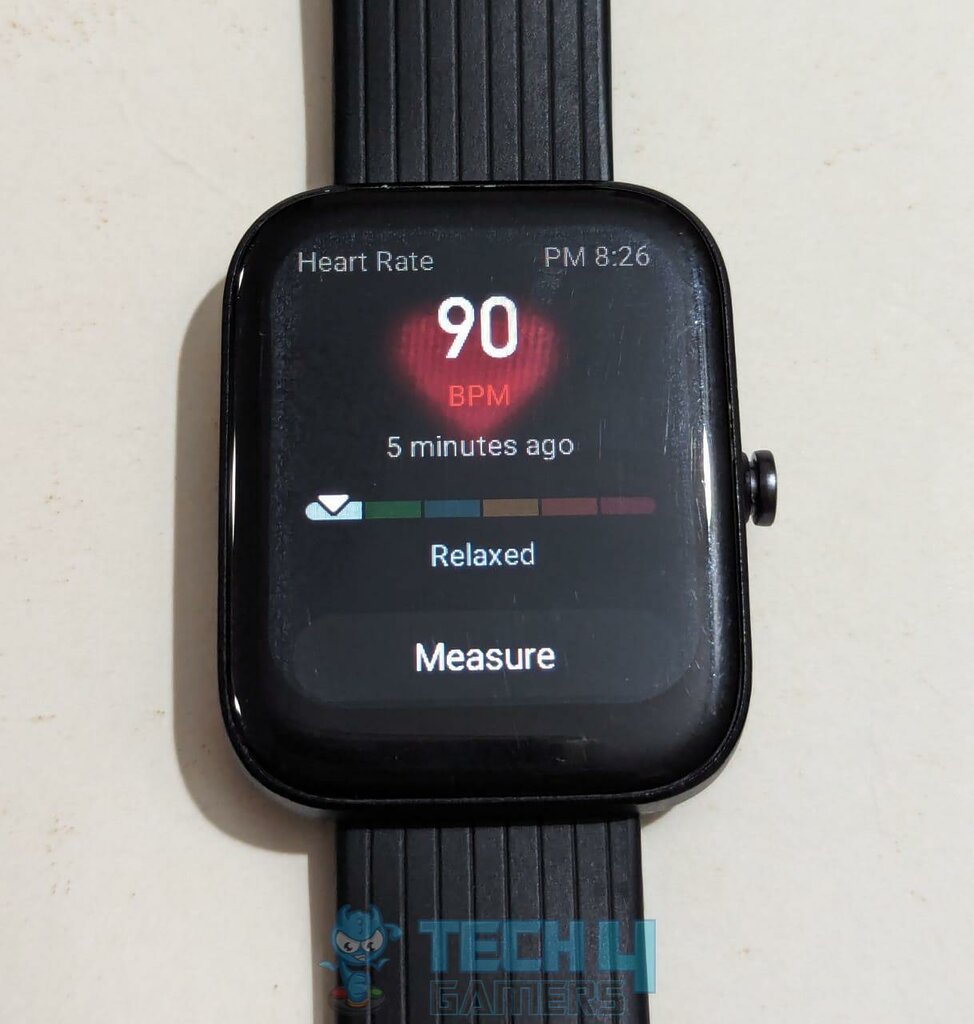
Therefore, people with chronic illnesses can self-monitor their health scores and take necessary precautions to maintain them within healthy limits.
Should You Rely Solely On Smartwatch Data?
On the other hand, there are problems involved with this approach. Dr. Griggs, an assistant professor at Case Western Reserve University Frances Payne Bolton School of Nursing, mentioned, “People are getting this immediate feedback, and some of it may or may not be accurate. The issue with that is that people make decisions based on the data. Without having an expert to look at it, people shouldn’t diagnose themselves.”
One way to tackle this is to monitor the health status using smartwatch analytics. And if something seems out of proportion, visit a doctor and consult them about the concerns. This way, you avoid taking unnecessary steps that might cause more harm than good to your well-being.
There are a few risks involved with wearing smartwatches all the time, so take them off regularly as a precautionary step. However, removing the watch might hinder the data monitoring process, but it is crucial to do so.
In conclusion, smartwatches have revolutionized the health monitoring industry, offering convenience and accessibility to a broader population. They have played a significant role in promoting health consciousness, as users are better informed about their health status thanks to the features and functionalities of smartwatches.
Thank you! Please share your positive feedback. 🔋
How could we improve this post? Please Help us. 😔


 Threads
Threads
